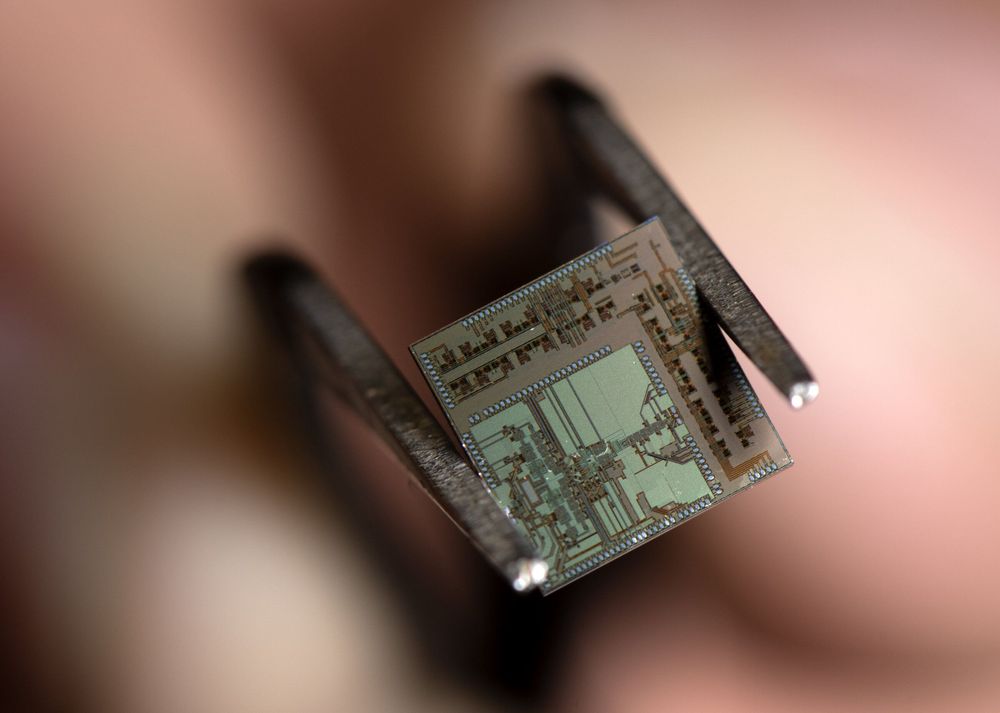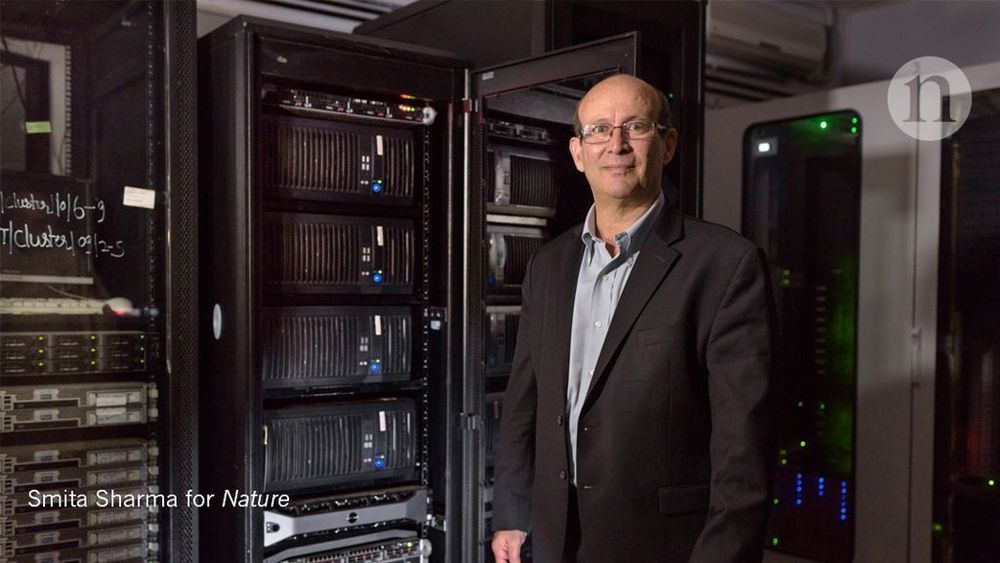Lets meet to talk brain computer interfaces, neuroscience, collaboration and coding. Lets pitch projects to one another, join existing projects, write code together, build new brain computer interfaces and more.
Thinking about past NeurotechX SF meetups I think I like the Salon aspect the most, where people just meet up to talk about neuroscience, brain computer interfaces and coding. So I’m renaming this event series to “Neurotech Salon”, it’s every two weeks in San Francisco at the Red Victorian! Get ready to meet interesting people to talk about things like the future of brain machine interfaces, you can pitch your project, or perhaps join someone elses project, you can talk about your work in developing software, hardware, or your work in medical research, or talk about your studies as an academic.
Confirm your RSVP by making a charitable donation to a real charity like this one here https://www.facebook.com/donate/837355799969191/ in the amount of $5 dollars or more. If you feel like you can’t afford it just skip a meal, and take the money you would have paid for that meal and apply it to this event.






